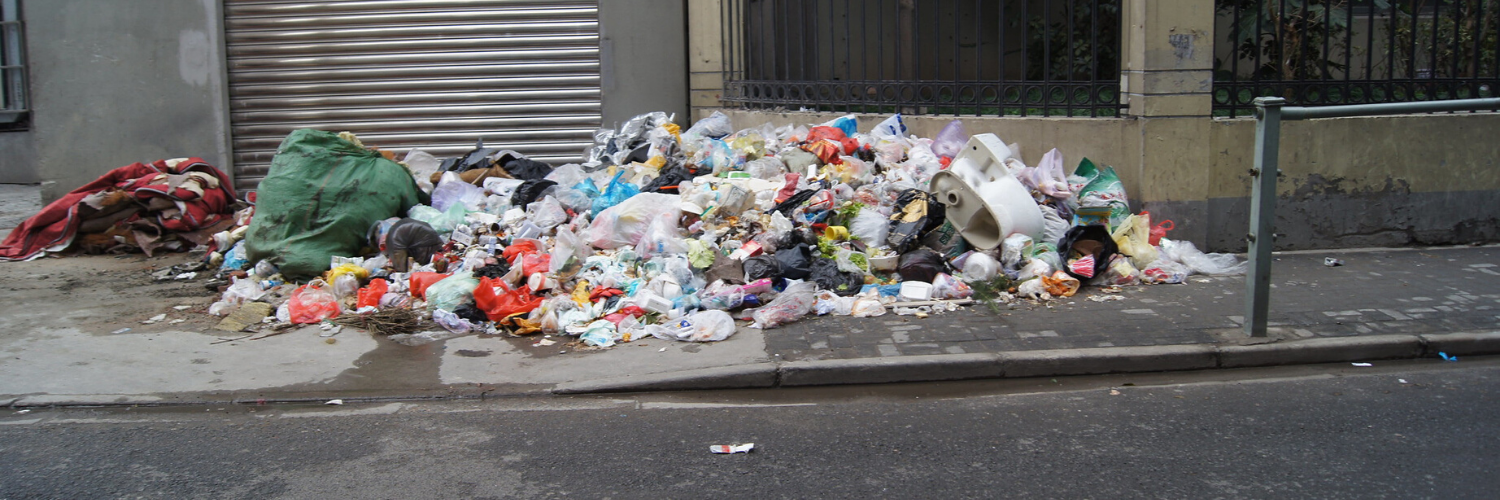Written by: Kimberly White
China has announced a new plan to tackle plastic pollution. On January 19th, the National Development and Reform Commission unveiled the plan to begin rapidly phasing out single-use plastics.
Plastic pollution has become one of the most discussed environmental topics among world leaders. Virgin plastic production has increased more than 200-fold since 1950 and has grown at a rate of four percent each year since 2000. Seventy-five percent of all plastic produced is waste, a large portion of it is mismanaged due to an underdeveloped waste management infrastructure.
Unfortunately, the vast majority of plastics are not recycled and end up in landfills or polluting waterways and other natural environments. A research study by Nature Communications listed China’s rivers among the top twenty most polluting. China’s Yangtze River ranked first, showing considerably higher plastic concentrations compared to other rivers worldwide. The Yangtze is one of the world’s most ecologically and socio-economically important rivers. The Yangtze River Basin is home to more than one-third of China’s population, supports half of China’s plant and animal species, and accounts for forty percent of China’s GDP.
The National Development and Reform Commission (NDRC) stated that by the end of 2020 single-use plastic bags will be banned in all of China’s major cities. By the end of 2022, the plastic bag ban will extend to all cities and towns. Markets selling fresh produce will be exempt from the ban until 2025.
Single-use straws will be prohibited in the restaurant industry nationwide by the end of this year. Single-use plastic consumption in the restaurant industry must be reduced by thirty percent by the end of 2025.
Styrofoam tableware and plastic cotton swabs will also be banned by the end of 2020.
Postal delivery services will be required to find alternatives. Plastic packaging bags will be banned in Beijing, Shanghai, Jiangsu, Zhejiang, Fujian, Guangdong, and several other provinces by postal delivery outlets by the end of 2022. Plastic tapes and plastic packaging bags will be banned in postal express outlets nationwide by 2025.
The NDRC cited the health of China’s people and the environment as the impetus for the accelerated phase out.
Globally, more than eight million tonnes of plastic makes its way into the oceans annually. At the current rate, WWF reports that the oceans may contain one metric ton of plastic for every three metric tons of fish by 2025.
Chemicals leached by plastics are in the bloodstreams and tissues of nearly all of us, including newborn babies. However, the overall health impact of microplastic ingestion has yet to be determined. The World Health Organization (WHO) has called for further research to be conducted to determine the potential impacts microplastic ingestion has on human health.
Header Image Credit: Fredrik Rubensson/Flickr (CC BY-SA 2.0)







